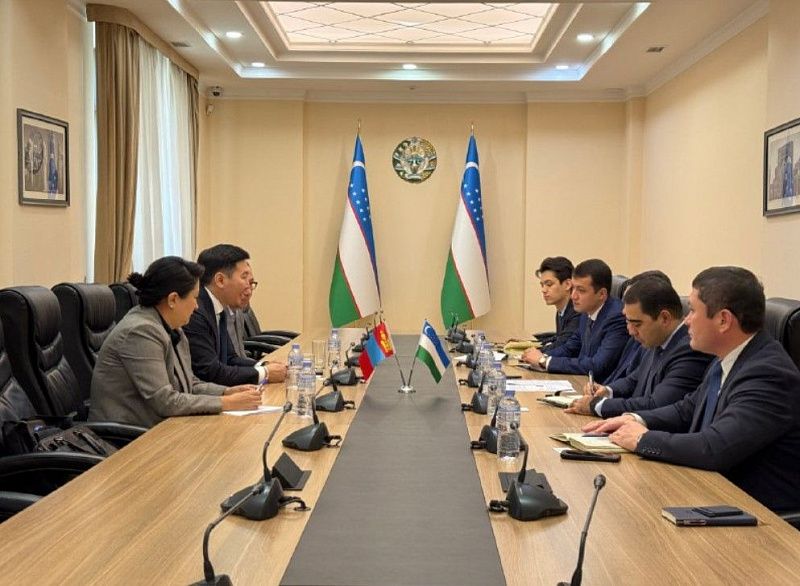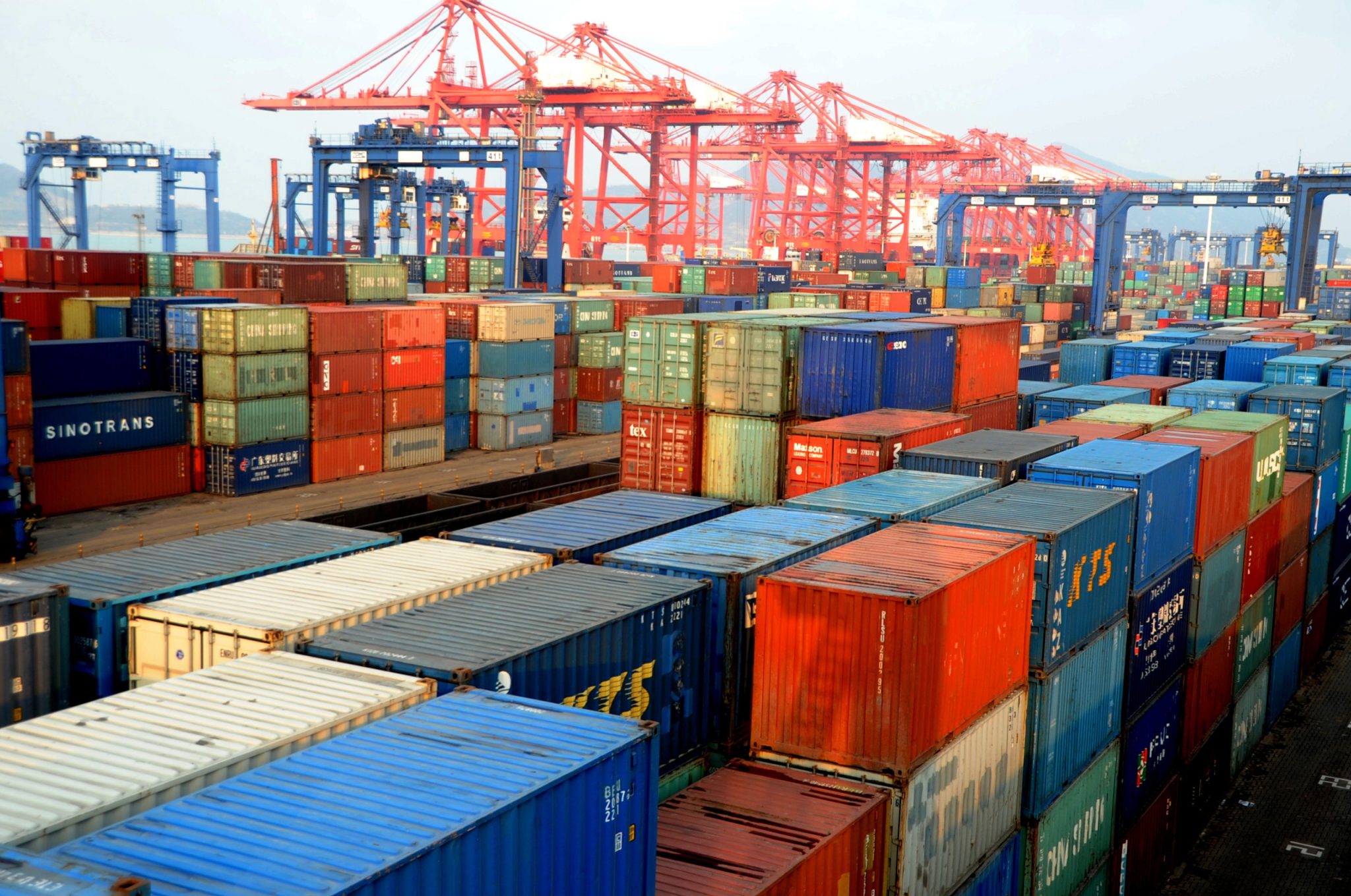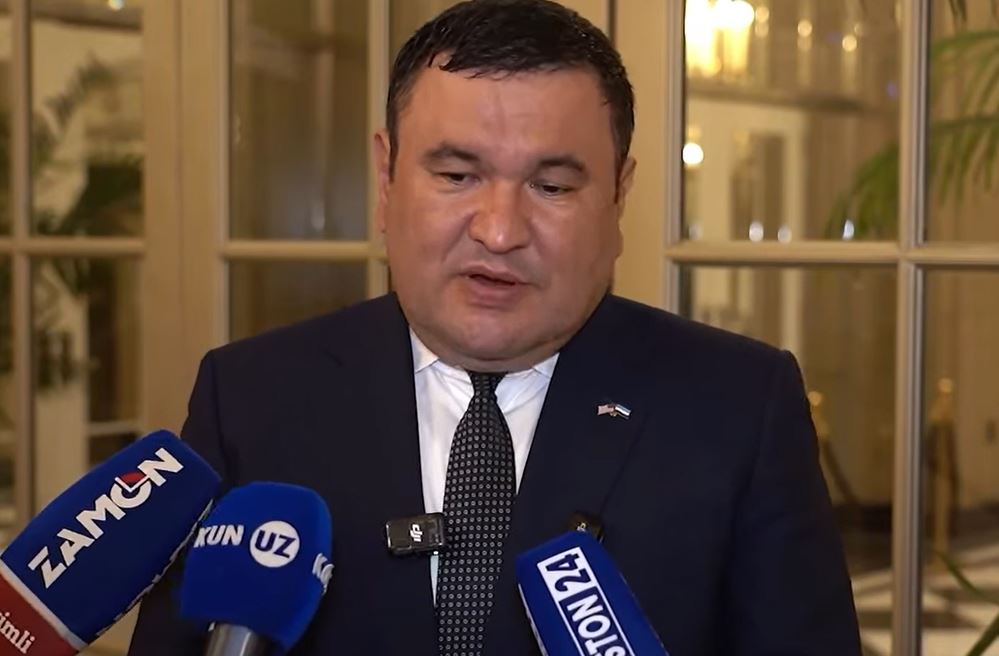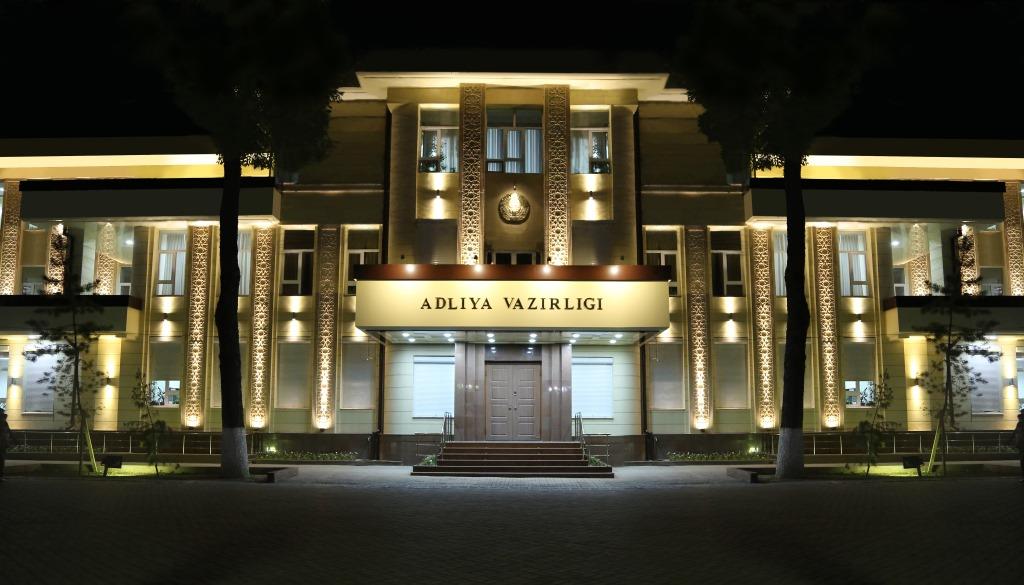Significant changes are taking place in the structure of businesses with foreign participation in Uzbekistan. There are fewer joint ventures: if in 2022 there were more than 6.3 thousand of them, today it is about 4.1 thousand. This shift reflects a shift in the strategy of foreign investors, who increasingly prefer to open businesses directly, without the participation of local partners.
Experts note that this process indicates the growing confidence of foreign companies in the Uzbek economy. If earlier foreign investors considered it necessary to work through joint ventures to reduce risks, now they are ready to develop projects independently, relying on the improved business climate.
However, the reduction in the number of joint ventures also means that local entrepreneurs get less opportunities for direct access to capital and technology through partnerships with foreign investors. This creates new challenges for national businesses, which have to compete for resources and expertise on equal terms.
At the same time, the structure of investor countries is also changing. Three years ago, the leader in the number of companies in Uzbekistan was Russia with an indicator of almost 2.8 thousand enterprises. In second place was Turkey (about 2.1 thousand), followed by China with just over 2 thousand companies. Today, the picture looks different: the first place is occupied by China, where the number of registered companies has reached 4.4 thousand. Russia moved to the second position with 3,1 thousand enterprises, Turkey holds the third line with more than 2 thousand.
The growth in the number of Chinese companies over the past three years has exceeded the aggregate figures for the previous three decades. This reflects China's strategy to strengthen its economic presence in the region. Investments relate not only to large infrastructure projects, but also to small and medium-sized businesses, which makes the impact particularly noticeable. At the same time, it is important for Uzbekistan to maintain a balance and encourage the activity of entrepreneurs from Russia, Turkey, Korea, the Middle East and other partners in order to diversify sources of investment and avoid dependence on one state.
The decline in the number of joint ventures and the growth in the number of companies with fully foreign capital highlight the transformation of the country's investment climate. Uzbekistan is becoming more open to direct participation of foreign companies, which, on the one hand, increases competition, and on the other, requires local businesses to be more adaptive and integrated into global value chains.














